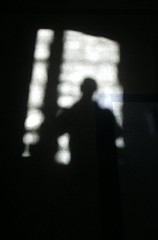Boil 2.13
The Surrealist Compliment GeneratorSo precisely, your head fits into the smallest of diameters.
How can I help but use your eyes as a means for self-asphyxiation?
Your fingers sublimate into volcanic gases with the slightest cooling touch from the antennae of a passing lyre.
link


